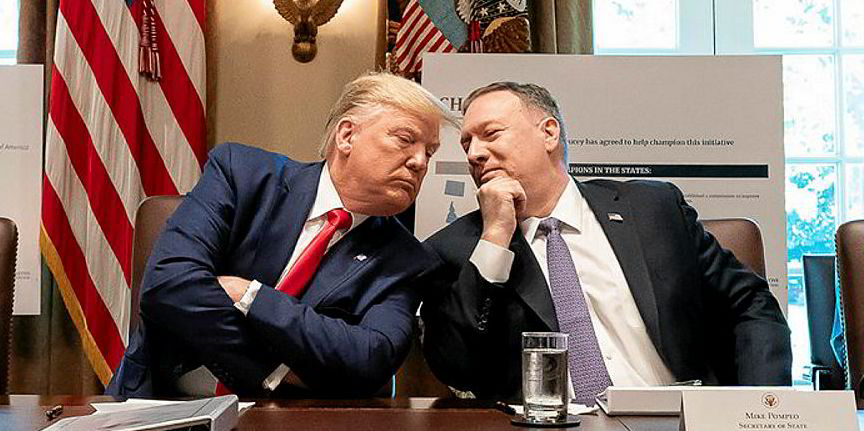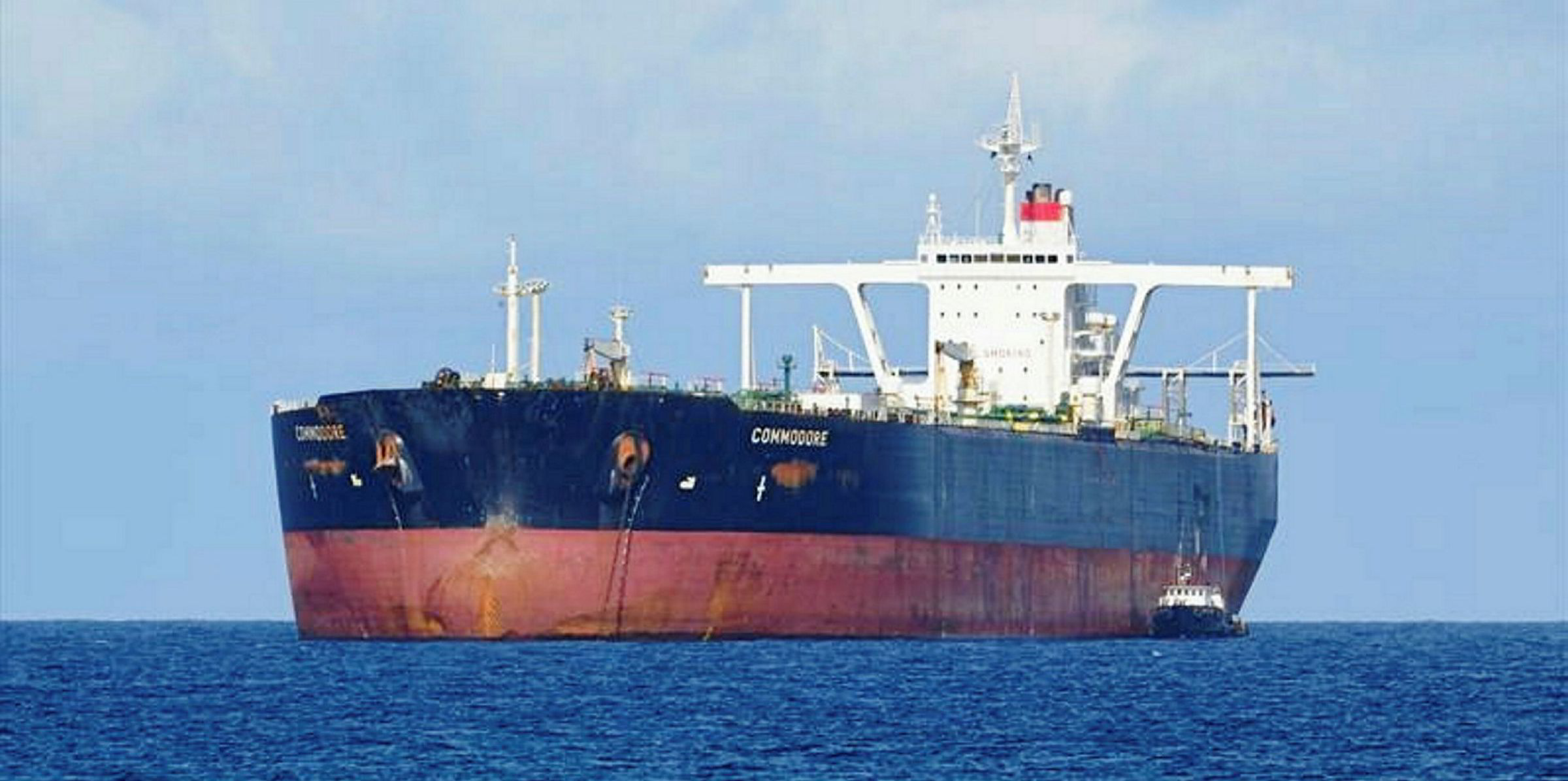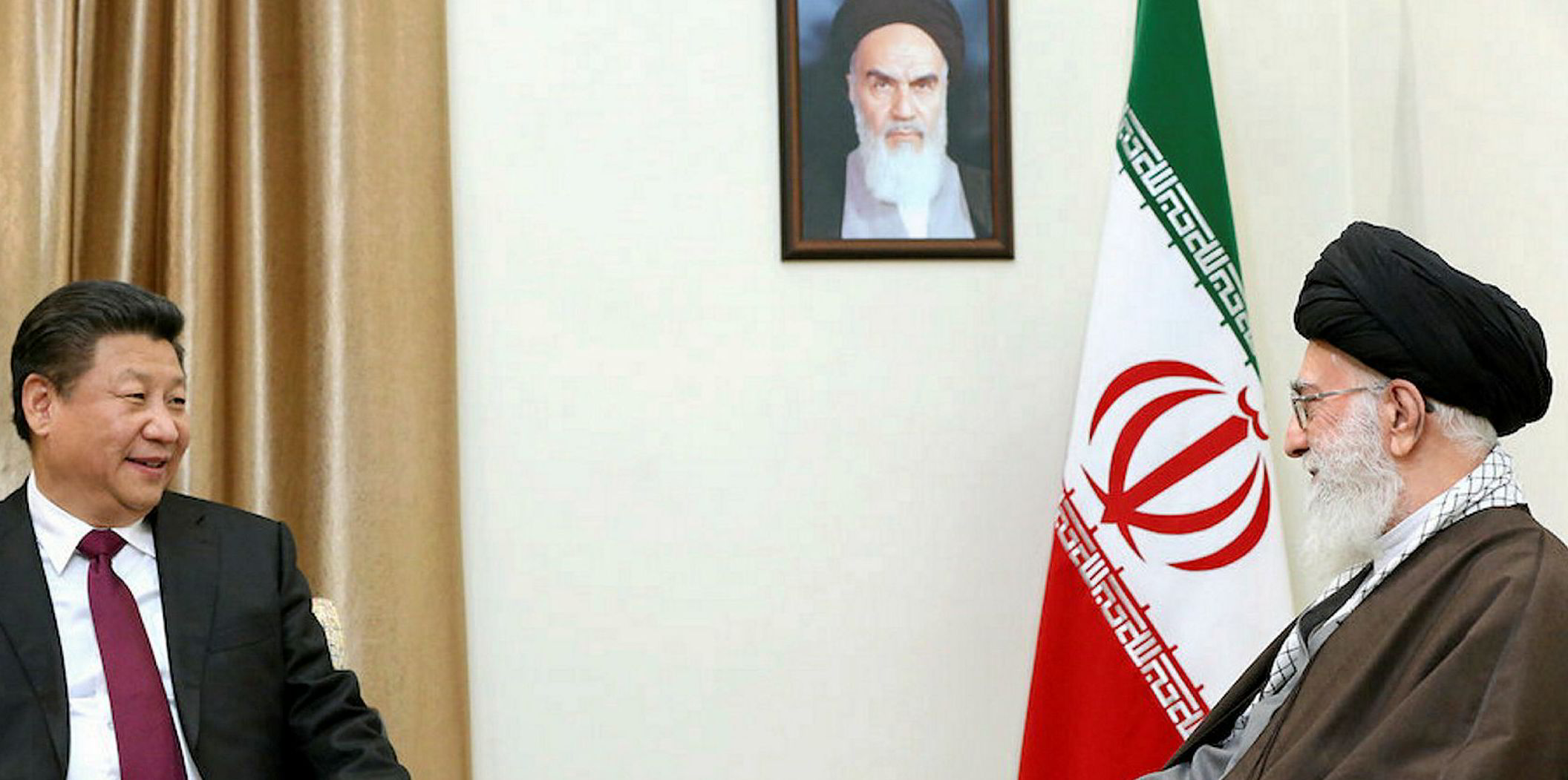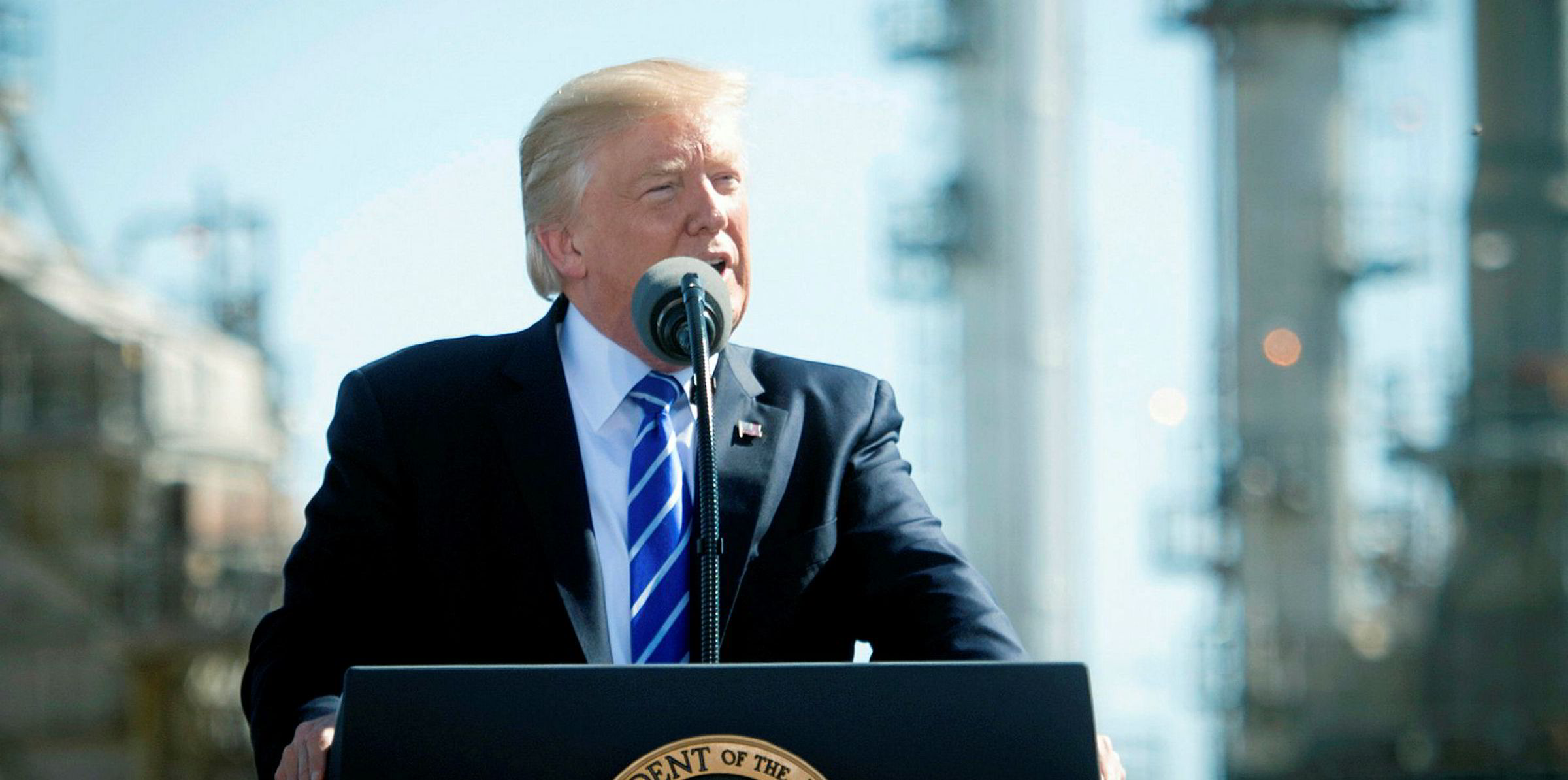Shipowners have long felt confused by the US sanctions on Venezuela. Now, insurers and classification societies are finding themselves similarly perplexed.
Having issued sanctions guidance to shipping players in May, last month the US began blacklisting vessels engaged in the Venezuelan oil trade.
Those punitive measures, while only targeting shipowners on paper, have created ripple effects in the industry, as the policy of most service providers would be to automatically reject sanctioned vessels.
Services withdrawn
DNV GL confirmed it had temporarily withdrew services from the 105,600-dwt Athens Voyager (built 2007), 105,900-dwt Delos Voyager (built 2003) and 306,500-dwt Seahero (built 2006) after they were put on the sanctions list.
“DNV GL suspended all services to the vessels concerned while the vessels were blacklisted by US authorities,” a spokesman told TradeWinds.
“DNV GL is fully committed to regulatory compliance, including adherence to the rules of international trade sanctions.”
The services were resumed after the Office of Foreign Assets Control delisted the ships. “We are pleased to see that the vessel owners have successfully cooperated with the US government to satisfy their concerns,” the DNV GL spokesman said.
According to VesselsValue, Lloyd’s Register (LR) classified 33 of the 116 tankers that loaded from Venezuela in the first half of this year, more than any other society.
The organisation, which is understood to have terminated services to some tankers in the Venezuelan trade lately, said in an emailed statement: “LR does not, as part of its function, monitor vessel movements or the switching on or off of AIS systems.
Classification withdrawn

“However, in accordance with our programme for complying with sanctions’ laws, where we become aware of vessels operating in breach of relevant sanctions’ laws, LR classification has been withdrawn.”
LR confirmed that it had withdrawn classification services from six unnamed tankers trading to Venezuela.
On the protection and indemnity side, VesselsValue data suggests that West of England provided cover for 17 of the 65 laden tankers sailing to Venezuela between January and June, making it the top insurer on this route.
West of England has also promised to toe the line on sanctions, saying it provides “regular, detailed guidance on sanctions compliance” to all members and works closely with the International Group of P&I Clubs to ensure “best practice”.
Suspicious incidents
But the International Group has suggested that the sanctions guidance is hard to follow.
In its May guidance document, the US asked insurers to closely monitor past and current AIS data and to share information about suspicious incidents, such as vessel movements, with other stakeholders.
This could be in conflict with existing competition and data protection laws, as well as international conventions, and put P&I clubs “in an onerous position”, according to the International Group.
“Ships’ AIS transmission is often lost in high density areas or where satellites fail to receive positioning data when it is in transit or in port,” the industry body said in an earlier circular.
“Many will find some of the [US] requirements difficult to comply with for both practical reasons and because in certain circumstances it runs contrary to existing legal obligations.”
Complaints about consistency

Since imposing sanctions on Venezuela’s oil sector in January 2019 to help drive out President Nicolas Maduro, the US has not explicitly banned foreign entities from trading with the Opec member state in non-US currencies.
According to oil players, Washington has allowed Eni, Repsol and Reliance Industries to continue lifting Venezuelan crude to recover their upstream investments while sanctioning Rosneft Trading for similar transactions.
Privately, some shipowners have complained that the sanctions are inconsistent and highly “political”. Each owner has its Venezuelan trading policy based on risk appetite, and recent examples show service providers tend to stop dealing with vessels only when they are formally sanctioned.
“While many shipping companies, as represented by vessels under their control, stopped transporting Venezuelan oil, others entered or increased their involvement in the Venezuelan oil sector,” C4ADS analyst Sofia Vargas wrote in a research report.
“Over 100 tanker vessels made their first port call in Venezuelan waters after sanctions were imposed on Venezuela’s oil sector.”
Meanwhile, four more ships continue their voyage to Venezuela with Iranian oil.
The 37,400-dwt Bella, 37,300-dwt Luna (both built 2000), 47,400-dwt Bering (built 1998) and 46,200-dwt Pandi (built 1996) are insured by the American Club.
Chief executive Joe Hughes said the club continues to insure the vessels, although the voyage is not covered under club rules, which bar carriage of cargoes from sanctioned countries.
The cargoes on the ships are subject to a seizure order in the US courts. It is unclear how the US intends to enforce that order.
“The cargo on board these vessels is subject to a warrant of arrest by the US, but the vessels themselves are not,” Hughes said.
When contacted for this article, the US State Department said it will continue to engage with companies in the energy sector on the possible risks in trading with Petroleos de Venezuela, the national oil firm.
This story has been amended since publication to reflect that DNV GL withdrew services, rather than declassified, tankers put on the sanctions list.






